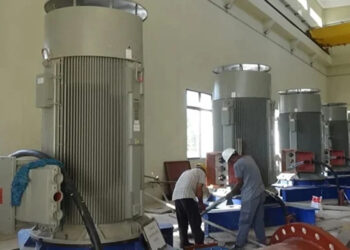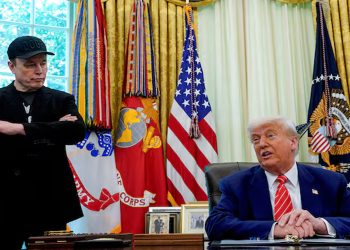Finance Minister Shaukat Tarin has presented the Finance (Supplementary) Bill 2021 — or the mini-budget as the opposition calls it — in the National Assembly. The bill’s approval is necessary to ensure Pakistan’s sixth review of the $6 billion Extended Fund Facility gets cleared by IMF’s executive board on Jan 12, paving the way for the disbursement of about $1bn tranche.
The prior actions, which the IMF wants the government to take and that must be included in the budget for the present fiscal, involve slashing tax exemptions, boosting tax and non-tax revenues, cutting development expenditure, increasing electricity and petroleum prices etc.
They have to be executed before the IMF board gives its approval for the revival of the programme and releases the funds that Pakistan needs so desperately to reduce the pressure on its external sector.
According to the finance ministry’s proposal, the government will impose a tax on approximately 150 goods at a rate of 17%. Therefore, goods that were currently either completely exempt from General Sales Tax (GST) or being taxed at 5% to 12% rates would now be taxed at 17%. The income tax rate on mobile phone calls will increase from 10% to 15%. Meanwhile, the GST on cars above 1,000cc will go up to 17% and the tax on the import of electric vehicles in CBU conditions will increase from 5% to 17%.
The finance bill also proposes that bread prepared in bakeries, restaurants, food chains and shops be taxed at a 17% rate. Sales tax on prepared foodstuff and sweetmeats supplied by restaurants, bakeries, and sweet shops will increase to 17%. The GST on silver and gold will increase from 1% to 17%, while tax will also be imposed on computers and laptops.
Importantly, Prime Minister Imran Khan, Leader of the Opposition Shehbaz Sharif, Asif Ali Zardari and Bilawal Bhutto were absent during the tumultuous session of the National Assembly. However, as expected, the opposition has rejected the mini-budget outright.
Addressing a press conference after the NA session, Tarin defended the Finance (Supplementary) Bill 2021, saying that tax exemptions worth Rs2 billion would be reviewed under it. He went on to say that tax exemptions would mostly be withdrawn on imported items.
It was welcoming step that the government does not impose any new tax in the mini-budget. However, eliminating tax exemptions on medicines, bread, bakery items, baby milk and other food items will undoubtedly increase prices which will directly affect the people.
There’s no doubt that Pakistan’s return to the IMF is necessary to stabilise the external account and protect the economy. It may also be true that Tarin has won some concessions from the Fund as he claims to have. But what about the promises repeatedly made to the people ever since he took over the finance ministry?
Blaming his predecessor — and the incumbent State Bank governor — for having agreed to these harsh conditions in March will not mitigate the people’s pain. Therefore, the government should take steps to bring the non-taxpayers into the tax net while measures to suppress the poor under the burden of further inflation must be reconsidered and the concerns of the people should be removed.



























